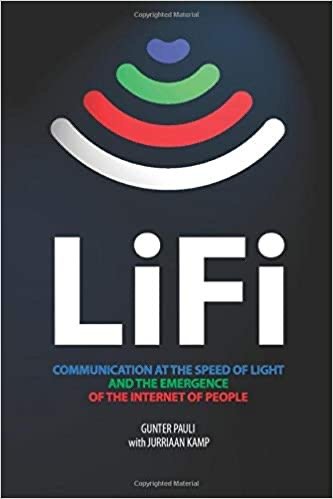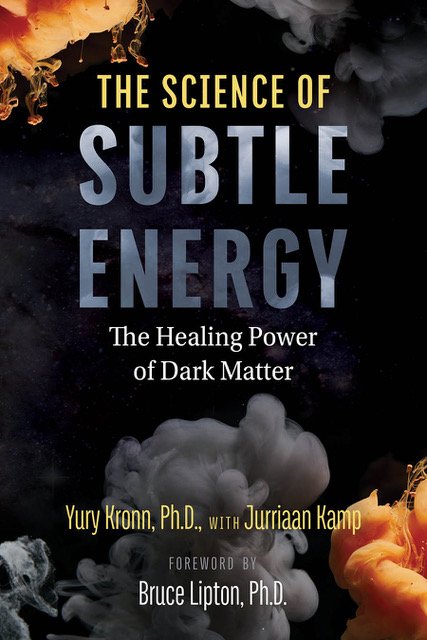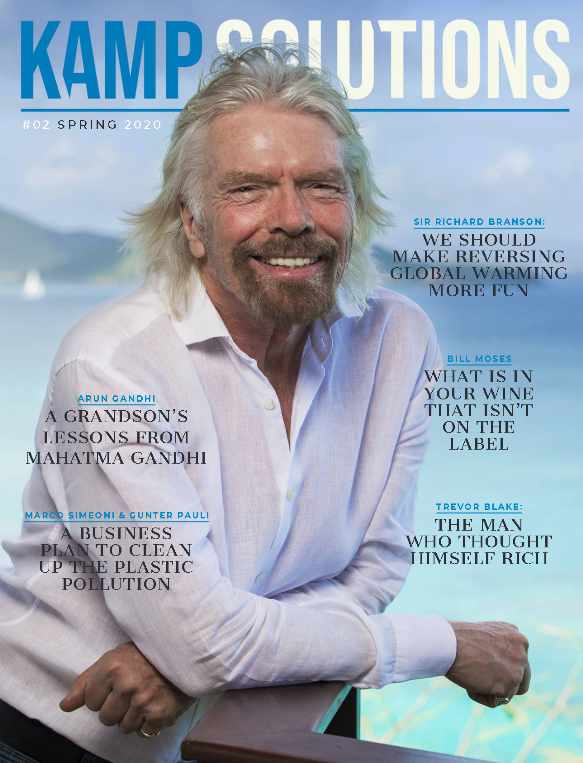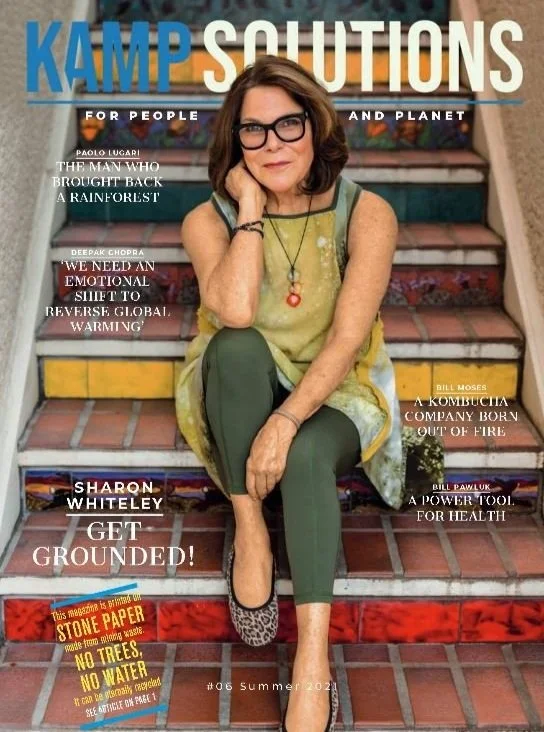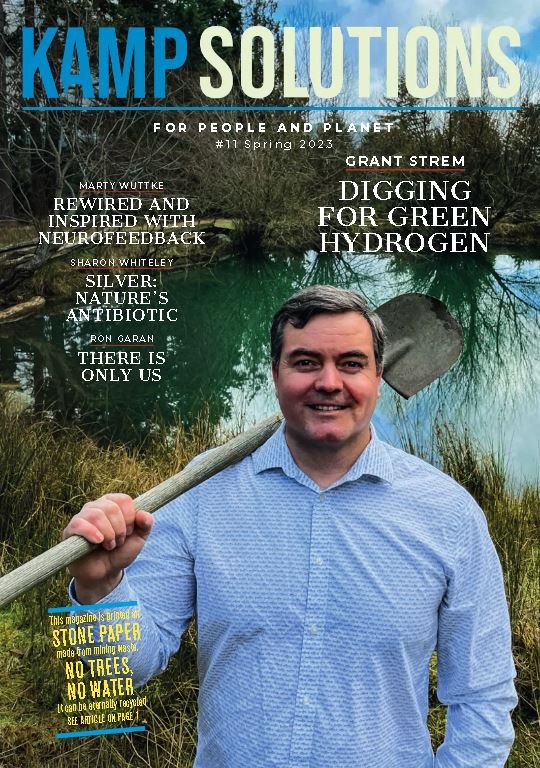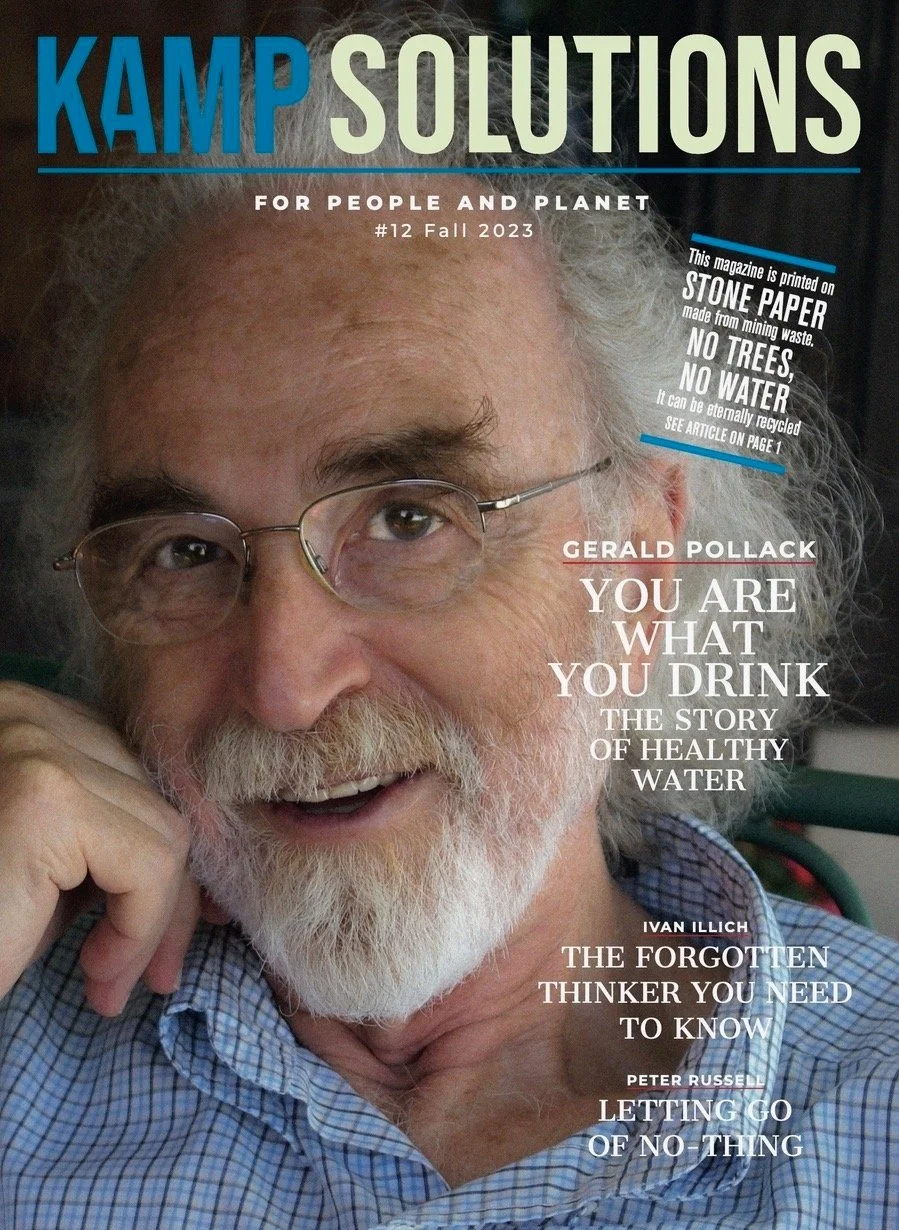
Books By Jurriaan Kamp
THE SOLUTIONS ACTIVATOR
How the power of optimism unlocks our potential and changes our world.
PLASTIC SOLUTIONS
Plastic can be a solution too. This book presents a groundbreaking and strong business model that is supported by the power of nature.
LIGHT SOLUTIONS
Saving energy, healing people and planet.
COFFEE SOLUTIONS
How new business models for the world’s favorite beverage regenerate rain forests and restore livelihoods.
THE THIRD DIMENSION
3D farming and 11 more unstoppable trends revolutionizing the production of food and fuel, regenerating nature, and rebuilding communities.
Plan A
Argentina is a nation at crossroads. This book identifies 10 innovative business models that will transform the nation.
THE INTELLIGENT OPTIMIST’S GUIDE TO LIFE
How to find health and success in a world that is a better place than you think.
LIFI
Communication at the speed of light and the emergence of the Internet of people.
THE SOLUTIONS ACTIVATOR
How the power of optimism unlocks our potential and changes our world.
LIGHT SOLUTIONS
Saving energy, healing people and planet.
PLASTIC SOLUTIONS
Plastic can be a solution too. This book presents a groundbreaking and strong business model that is supported by the power of nature.
COFFEE SOLUTIONS
How new business models for the world’s favorite beverage regenerate rain forests and restore livelihoods.
THE THIRD DIMENSION
3D farming and 11 more unstoppable trends revolutionizing the production of food and fuel, regenerating nature, and rebuilding communities.
THE SCIENCE OF SUBTLE ENERGY: The healing power of dark matter
Plan A
Argentina is a nation at crossroads. This book identifies 10 innovative business models that will transform the nation.
LIFI
Communication at the speed of light and the emergence of the Internet of people.
KAMP SOLUTIONS MAGAZINE
APRIL/MAY 2019
SPRING 2020
SUMMER 2020
WINTER 2021
SPRING 2021
SUMMER 2021
FALL 2021
WINTER 2022
SUMMER 2022
FALL 2022
SPRING 2023
FALL 2023
ARTICLES
FIGHTING FIRE WITH LEMONS AND FLOUR
Why is yoghurt the best extinguishing agent when your tongue is on fire with chili peppers? That was the question that Swedish inventor Mats Nilsson asked himself when he was looking for a healthy alternative for flame retardants.
Healthier Without Gluten and Grain
Years ago, American neurologist David Perlmutter discovered an interesting connection among his patients. He determined that many of his patients with neurological problems also showed symptoms of stomach and intestinal problems.
LIFI: COMMUNICATION AT THE SPEED OF LIGHT
In 1880—four years after he had invented the telephone—Alexander Graham Bell created another invention that he himself considered his greatest. Today, almost 140 years later, that invention stands to change the Internet and the online world that we know in profound ways.
A politics of belonging
“Nations and peoples are largely the stories they feed themselves. If they tell themselves stories that are lies, they will suffer the future consequences of those lies. If they tell themselves stories that face their own truths, they will free their histories for future flowering.”
’WHAT IS GOOD FOR THE PLANET, IS GOOD FOR US’
At one point in his career, Zach Bush, MD was so disillusioned with medicine, with his inability to understand the real causes of disease and to make his patients fundamentally healthier, that he decided to extend his training to hospice care. He felt he could really help people ease into the process of dying. Helping people through the death transition, he experienced death as not just an end.
Treating the untreatable cancers
It is a secret, oncologists rarely share with their patients: Around 25 percent of all cancers are currently considered untreatable, and the prognosis is worse for colon (colorectal) and lung cancers, with half of these immune to chemotherapy.
The End of Alzheimer’s
Edward was a successful businessman with companies on both the East and West coasts of the United States. He would meet with his accountants and add columns of numbers immediately in his head before the accountants could do so on their calculators. As he approached 60, however, he began to have memory problems. One day at the gym, he panicked when he forgot the combination to his locker, and his lock had to be cut.
Welcome to the stone age
The print edition of KAMP SOLUTIONS magazine presents a major innovation. It provides a solution to some of the biggest environmental challenges people and planet face. The story of the production of this magazine will change the way you think about paper and it will introduce you to inspiring opportunities to regenerate nature and reverse global warming as well as to groundbreaking business opportunities that will revolutionize the packaging industry.
’We do not need to fix our debt. We need to fix our thinking’
Economist Stephanie Kelton argues for a radical shift in economic thinking to better deal with crucial challenges societies face—from poverty and inequality to creating jobs and reversing global warming.
There are two stories about the origins of modern money. One is the story as most of us know it: Money started as shells to facilitate barter between, say, fishermen and farmers.
We can reverse global warming… and we’re doing it
Drawdown: The most comprehensive plan ever proposed to reverse global warming. Jurriaan Kamp spoke with the editor of the book, environmentalist, entrepreneur and activist Paul Hawken who is also the author of Blessed Unrest, Natural Capitalism and The Ecology of Commerce.
The winning case for the 15-hour workweek
For three decades, I have been documenting the lives of the Ju/’hoansi people of the north-western Kalahari, and their often-traumatic encounter with modernity. The Ju/’hoansi are perhaps the best known of the handful of societies who still sustained themselves by hunting and gathering well into the 20th century. And to them, very little about the relentlessly expanding global economy makes sense.










